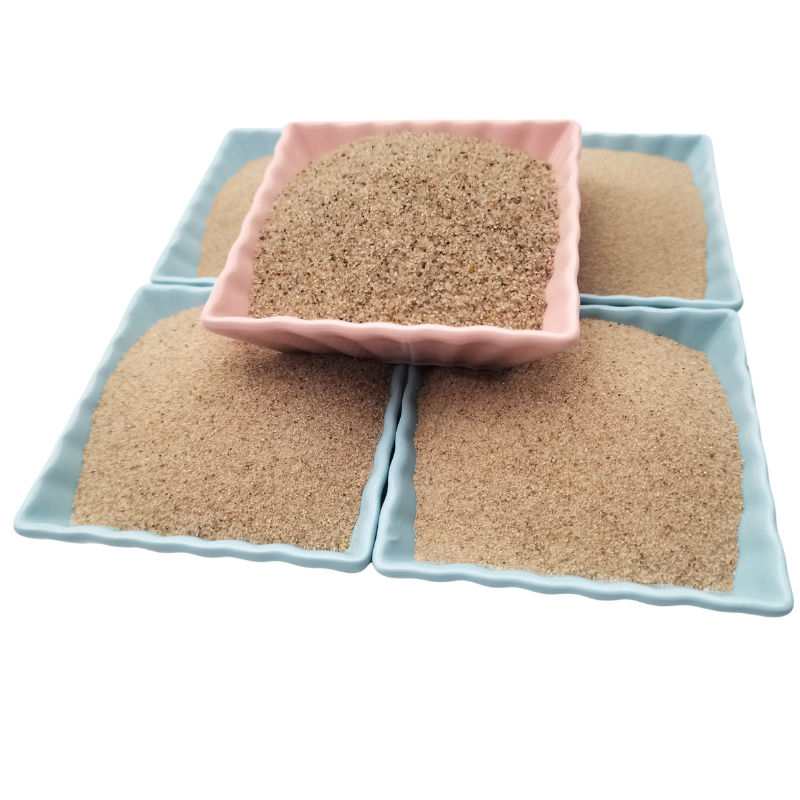
Exploring the Properties and Applications of Densified Silica Fume in Construction Materials
The Advantages and Applications of Densified Silica Fume
Densified silica fume, also known simply as silica fume or microsilica, is a byproduct of the silicon and ferrosilicon production process. It consists of extremely fine particles, typically between 0.1 and 0.3 micrometers in diameter, which makes it an essential material in various industrial applications, particularly in the construction sector. This article will explore the properties, benefits, and applications of densified silica fume.
Properties of Densified Silica Fume
One of the defining characteristics of densified silica fume is its high pozzolanic activity, which allows it to chemically react with calcium hydroxide in the presence of water to form additional cementitious compounds. This capability significantly enhances the performance of concrete and other cement-based materials. Densified silica fume is also highly reactive due to its amorphous structure, making it more effective in binding with other materials. The fine particle size and large surface area contribute to these properties, enabling it to fill voids within concrete matrices effectively.
Moreover, densified silica fume is hydrophilic, which allows it to absorb water and facilitate moisture management in construction materials. Its ability to improve the durability of concrete by reducing permeability and increasing resistance to chemical attacks is another notable property. When used in concrete mixtures, it can lead to a denser and more homogeneous product.
Benefits of Densified Silica Fume
The integration of densified silica fume in construction materials offers several significant benefits
1. Enhanced Strength The addition of silica fume can increase the compressive strength of concrete by up to 30%. This enhanced strength makes it an ideal choice for high-performance concrete applications, including bridges, tunnels, and high-rise buildings.
densified silica fume

2. Improved Durability Densified silica fume contributes to the long-term durability of concrete. It helps reduce shrinkage and cracking, increases resistance to freeze-thaw cycles, and minimizes the penetration of aggressive chemicals. This durability ensures that structures last longer and require less maintenance.
3. Reduced Water Demand Incorporating silica fume in concrete can reduce the water-to-cement ratio without compromising workability. This reduction leads to denser concrete, which enhances overall strength and reduces the potential for water-related damage.
4. Sustainability As a byproduct, densified silica fume represents a more sustainable alternative compared to traditional materials. Its use in concrete can contribute to LEED certification in green building projects by minimizing waste and lowering the carbon footprint associated with cement production.
5. Cost-Effectiveness Although silica fume may seem more expensive than traditional materials, its benefits can lead to overall cost savings. The improved performance and durability reduce the likelihood of repairs, extending the life of structures and ultimately leading to lower lifecycle costs.
Applications of Densified Silica Fume
Densified silica fume is widely used in various applications, primarily in the construction and infrastructure industries. It is commonly added to concrete mixes, especially in demanding environments such as offshore structures, dams, and high-strength concrete applications. It also finds use in precast concrete products, flooring systems, and as a component in mortars and grouts.
In the realm of specialty applications, densified silica fume can be used in the production of high-performance lightweight concrete, self-consolidating concrete, and shotcrete. Its unique properties make it suitable for advanced engineering applications, including those in the fields of aerospace and automotive industries.
In conclusion, densified silica fume offers remarkable benefits that significantly enhance the performance and durability of construction materials. Its unique properties make it a valuable addition to modern concrete technology, supporting the development of safer, more sustainable, and cost-effective structures worldwide.
Share
-
Premium Pigment Supplier Custom Solutions & Bulk OrdersNewsMay.30,2025
-
Top China Slag Fly Ash Manufacturer OEM Factory SolutionsNewsMay.30,2025
-
Natural Lava Rock & Pumice for Landscaping Durable Volcanic SolutionsNewsMay.30,2025
-
Custom Micro Silica Fume Powder Manufacturers High-Purity SolutionsNewsMay.29,2025
-
Custom Mica Powder Pigment Manufacturers Vibrant Colors & Bulk OrdersNewsMay.29,2025
-
Custom Micro Silica Fume Powder Manufacturers Premium QualityNewsMay.29,2025






